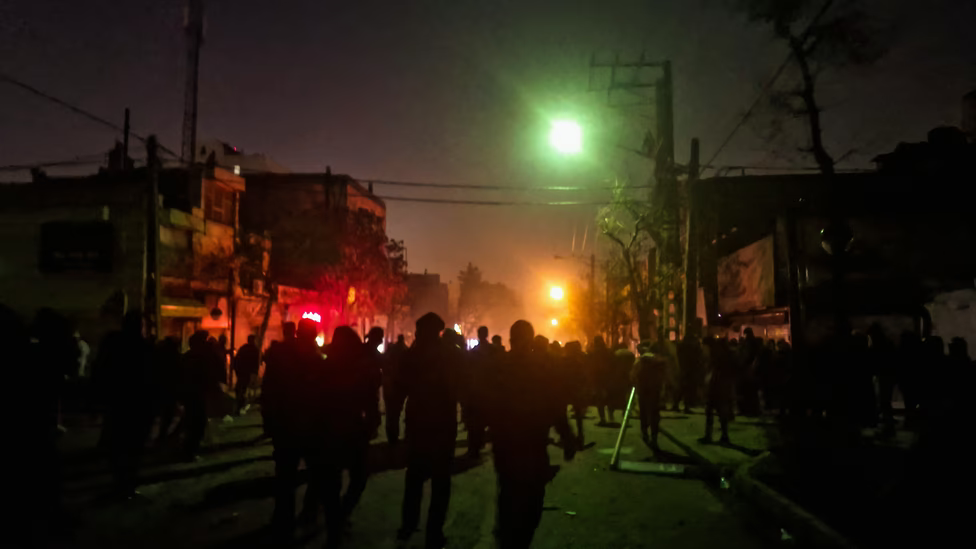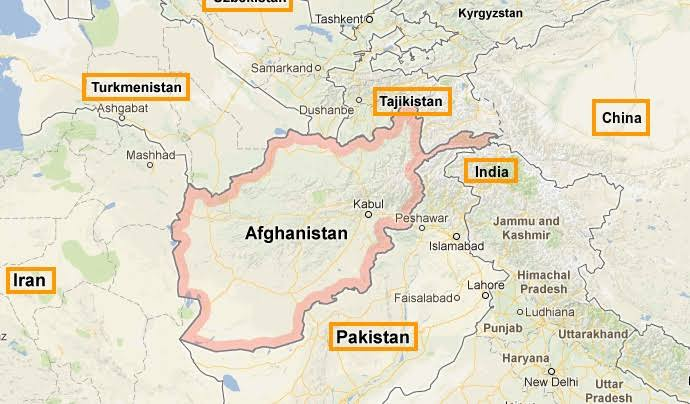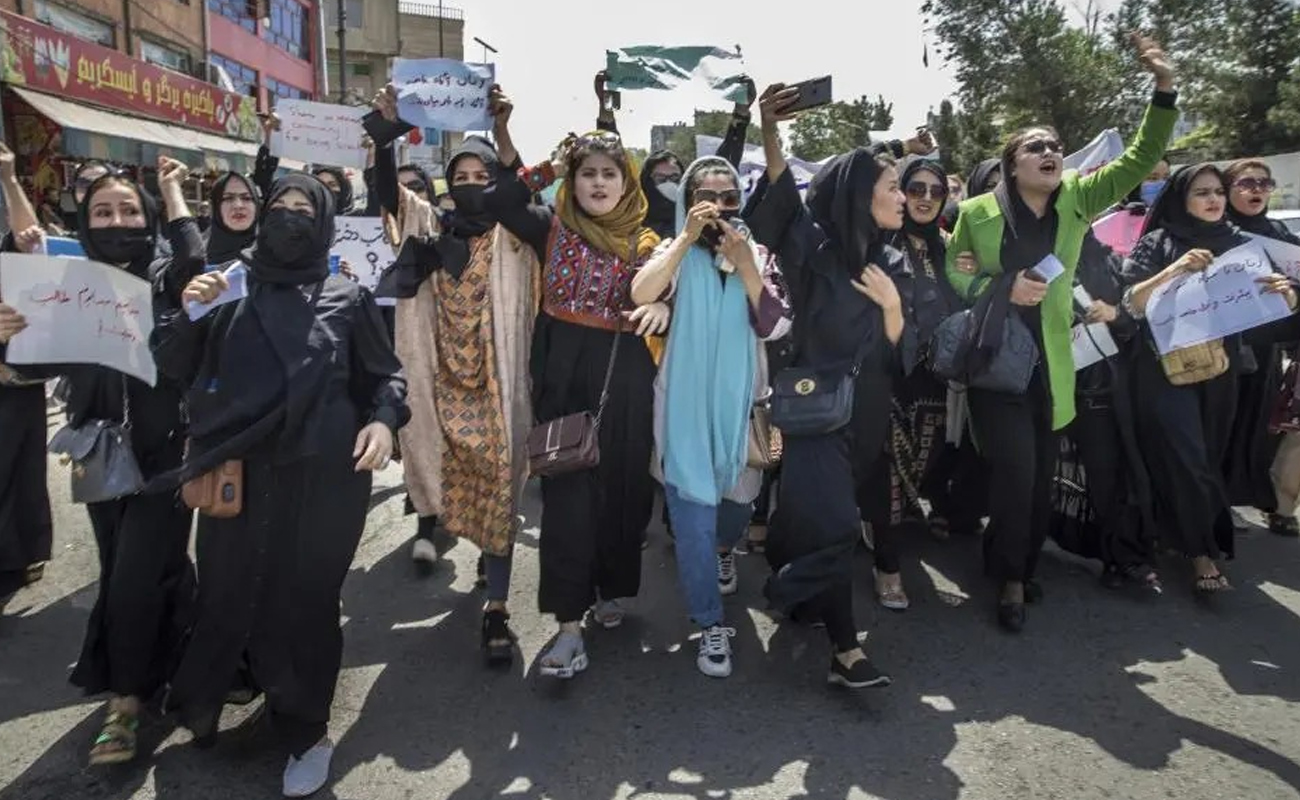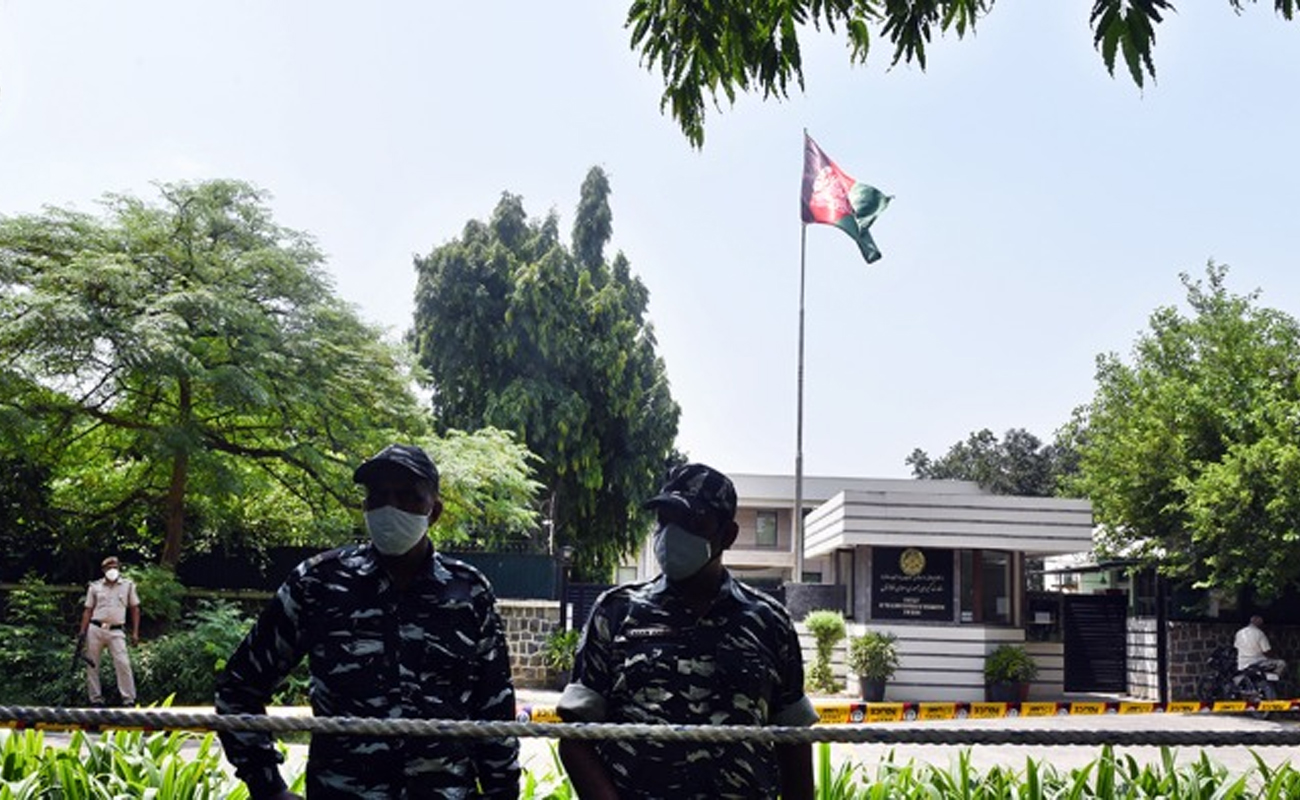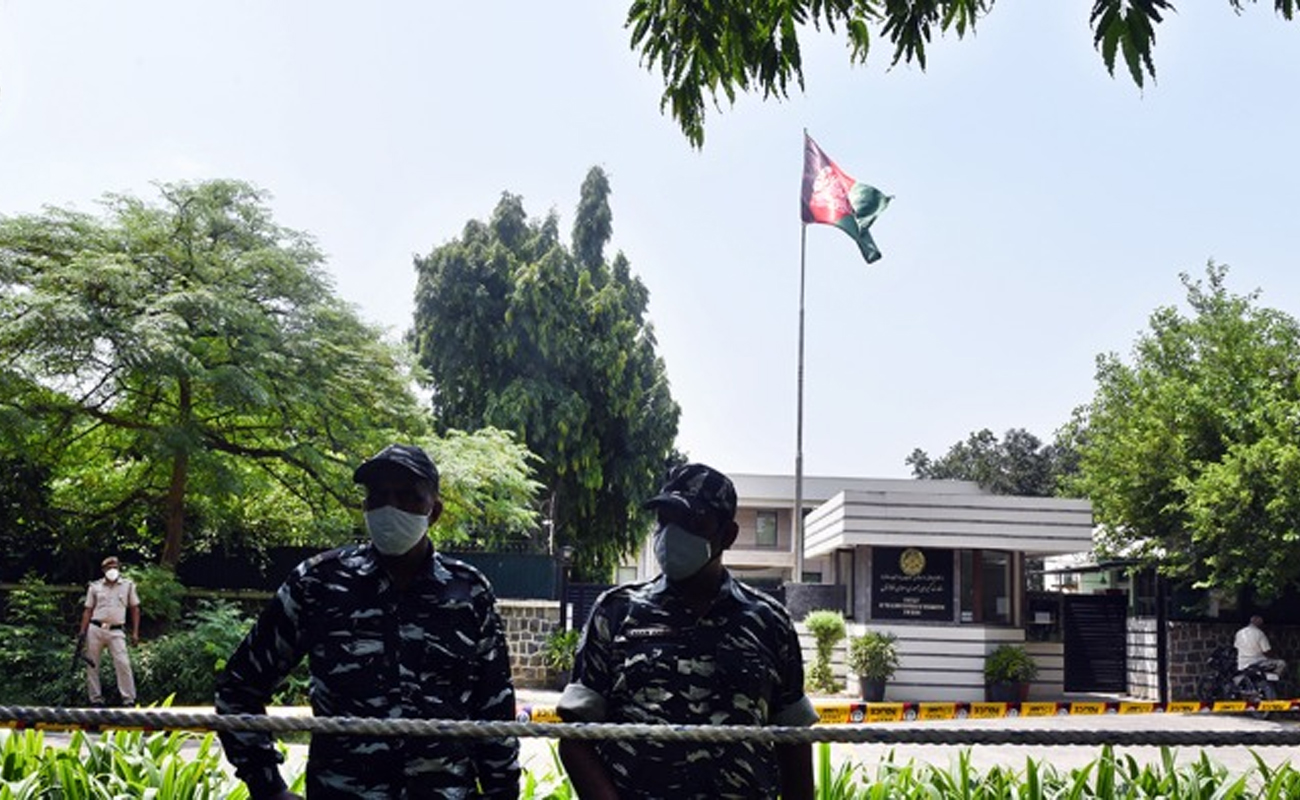Opinions
What I Saw in Mashhad
Seating the Taliban in the Afghan Embassy: Has India Betrayed the Afghan People?
By Neelapu Shanti
The orchestrated power struggle...
Why Today’s Afghanistan Needs Women Leaders?
By Sakhi Bayramli
Introduction
Over the past decades, the world, and Afghanistan as part of it, has experienced rapid social, economic, and environmental changes; rendering traditional leadership approaches increasingly inadequate....
Does India and Russia’s Engagement with the Taliban Address the Afghan People’s Core Priorities?
By Neelapu Shanti
During his state visit to India on 4–5 December 2025 for the 23rd Russia–India Annual Summit, Russian President Vladimir Putin remarked that “in every country there are problems, and Afghanistan is not an ex...
How India lost Afghanistan? Can Delhi redeem itself?
By Dr. Davood Moradian
Referring to the US’s catastrophic withdrawal from Afghanistan as “the greatest embarrassment in the history of the US" has become President Trump’s regular public outburst.[[1]]...
India’s Engagement with the Taliban- a Moral Delusion
By Neelapu Shanti
“Dharmo rakshati rakshitah” - when you safeguard righteousness, it will safeguard you.
Whenever power removes all checks from its path, its moral compass falters. Afghanistan has become a casualty of str...

